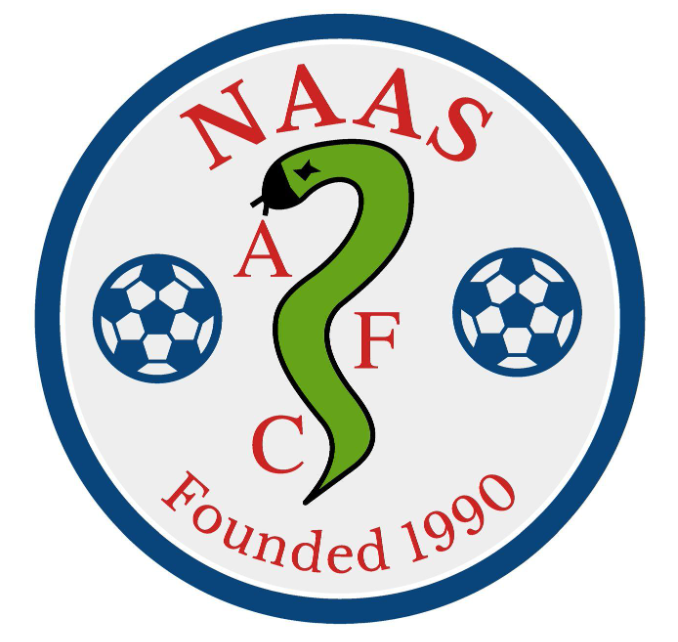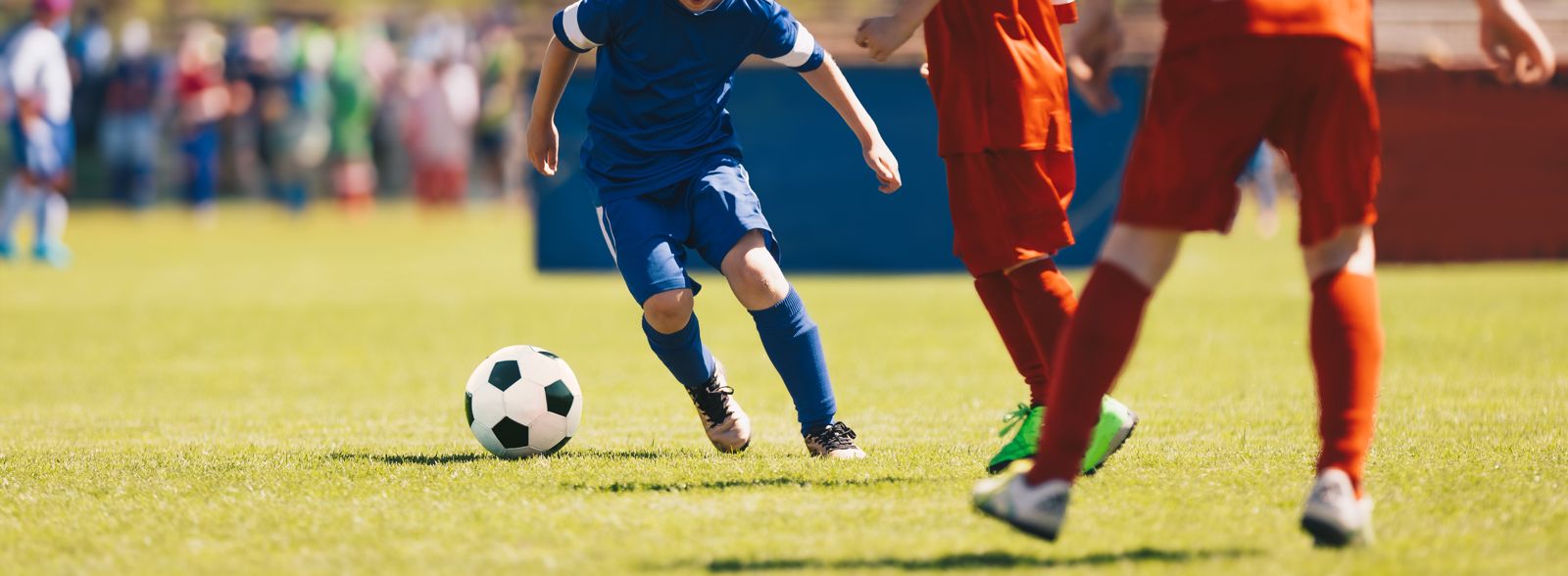Roles Within Club
ROLE OF MANAGERS/COACHES
It goes without saying that without people being willing to give up their time to train and run teams we wouldn’t be in a position to run our club. The club appreciates and acknowledges the commitment of all those involved and will at all times use its best endeavours to ensure that all reasonable support and assistance is provided to managers/coaches. It is vital that our managers/coaches act as good role models at all times and that their first priority will be their players safety and enjoyment of the game.
The purpose of having a child protection policy (in addition to any statutory requirements) is to establish and clearly express the standards required from all those involved in the game. The ethical standards referred to include values such as integrity, responsibility, equality and fair play.
Given the nature of activities undertaken and the diverse nature of our club it is important to stress that much of this policy is in the form of guidelines which may have to be interpreted in different sets of circumstances. The club has produced coaching guidelines which should be applied having regard to the overriding necessity to apply the code of ethics/child protection policies of the club and the FAI.
Guidelines for Coaches/Managers
- Children respect and look up to coaches and therefore it is vital that good example is shown at all times, both on and off the pitch.
- Never be alone with a child in a closed area (dressing room, car,etc) and use a “TWO-DEEP” supervision policy. If another coach is not available try to get a parent or other adult to accompany you if you are going to be alone with a child.
- If you have to be alone with a child ensure that the door to the room is open or if in a car that the child sits in the back.
- If a child sustains an injury requiring either the calling of an ambulance or being brought to hospital the parents should be notified immediately and requested to come either to the grounds or meet at the hospital.
- Try to encourage parents to attend games and ensure that they drop and collect their children from training. If you notice any changes in a child’s behaviour/demeanour you should mention this in an open way to the parents and note the time and date of this conversation in a diary or notebook.
- Coaches should never make winning the only objective. Children play for fun and enjoyment and this should take precedence over competition and winning.
- Your behaviour to opposing teams/officials will have an effect on your players and therefore should be respectful in all situations.
- Coaches must remember that referees are vital to the game and as likely to make occasional errors as anyone else. Coaches must show example to our players and parents and take immediate steps to halt any abuse of referees by either players or supporters. Arguing with or abusing referees will not be tolerated by the club.
- Parents should be advised to be positive in their support and that negative comments should be kept to themselves.
- Any form of cheating, aggressive play or harassing of opposition should be dealt with immediately. Insist at all times that players operate with the fair play guidelines.
- Care should be taken, however unintentionally, not to embarrass a child by the use of sarcastic or flippant remarks about the child or their family. Any confidential information you may receive must be kept so, unless there is concern of sexual abuse in which case you are obliged to report same.
- Never punish a mistake or shout/punish a team/players when a game is lost.
- Bullying should never be allowed and coaches should be vigilant to ensure that this is not allowed to creep into any squad or between players on different teams.
ROLE OF PARENTS/GUARDIANS
Parents must be at all times conscious of the vital role that they exercise in promoting their child’s participation in sport. Parents expectations and behaviour have a crucial bearing on how their child participates and shapes their sense of how to engage with their peers and adults involved in all aspects of the game. Parents can show good example by:-
- Showing appreciation of and respect for coaches and their decisions. Encouraging discipline in their child’s attitude to the rules of the game.
- Behaving responsibly on the sidelines, parents should never harass referees or players/supporters of opposing teams.
- Focussing on effort rather than on results and by encouraging all players on the team.
- Supporting coaches and offering appropriate assistance eg. lifts to games, fixing nets for games, ensuring child is on time with the correct gear etc.
- Ensuring that any issue of concern is brought to the attention of the coach/child protection officer as appropriate.
- Parents should advise coaches of any medical condition, planned birthdays or other family situations that may affect either the player’s performance or attendance.
The Club is conscious of its role in the overall development of our members and how children’s experience in sport will shape their values and attitudes in adult life. The Club tries to encourage the enjoyment and personal achievement of the individual with the benefit of greater skill and physical fitness which will in turn lead to higher self esteem and improved social skills. This will be different and change over time depending on the age of the child but, a positive attitude over the time of involvement with the Club will be required to maximise all these benefits.
ROLE OF ALL ADULTS INVOLVED IN CLUB
Everyone involved in the Club should familiarise themselves with the Club’s policies in regard to child protection. Children are very astute and can quickly pick up on any inappropriate actions and emulate them. Adults must at all times try to show good example and be role models where appropriate. Any adult who witnesses inappropriate behaviour should intervene if the situation warrants it or report it to the Committee as soon as possible.
GUIDELINES FOR CHILDREN
Children should understand that their parents and all those working in the game on a voluntary basis do so for their enjoyment and must respect them for this. In order for all children to participate and gain most from sport children must:
- Play fairly and do their best, cheating is self defeating and will not be tolerated.
- Accept defeat and be respectful to losing opposition (modest in victory, gracious in defeat).
- Respect officials and always accept referee’s decisions.
- Set the highest personal standards.
- Advise their parents/children’s’ officers of any concerns that they may have.
- Never bully, spread rumours or tell lies about other children or adults.


